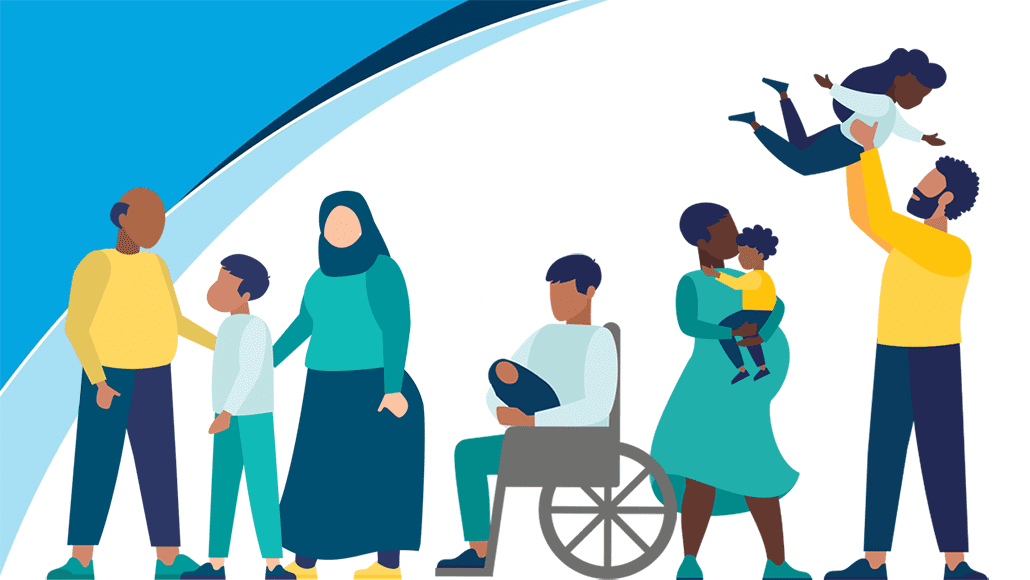Know, Care, Do: A Theory of Change for Engaging Men and Boys in Family Planning
Engaging men and boys in family planning (FP) and sexual and reproductive health (SRH) can improve their own lives and those of their intimate partners, families, and communities. Evidence shows that engaging men and boys in FP/SRH programs decreases unintended pregnancy, improves maternal health, reduces sexually transmitted infections such as HIV/AIDS, and advances gender equality (see Materials tab for references). Though progress has been made to engage men and boys more effectively in FP/SRH programs, most programs continue to do so in incomplete ways.
This course is intended for program implementers who are working to increase and improve the engagement of men and boys in FP programs and services. Course participants will deepen their understanding of what engaging men and boys in FP means and how programs and services can engage them in supportive, affirming, and gender equitable ways. Throughout this course, participants will familiarize themselves with the Know, Care, Do theory of change and case studies that guide the design and implementation of programs and services that engage men and boys in FP/SRH across their life course and across all levels of the socio-ecological model. Allowing for pauses to complete short reflection exercises, this course will take approximately two hours to complete.
References
- Breakthrough ACTION. (2021). Know, Care, Do: A theory of change for engaging men and boys in family planning. Johns Hopkins Center for Communication Programs.
- Hook, C., Hardee, K., Shand, T., Jordan, S., & Greene, M. E. (2021). A long way to go: engagement of men and boys in country family planning commitments and implementation plans. Gates Open Research, 5(85). https://doi.org/10.12688/gatesopenres.13230.2
- Rottach, E., Schuler, S. R., & Hardee, K. (2009). Gender perspectives improve reproductive health outcomes: New evidence. Population Reference Bureau.

 Breakthrough ACTION
Breakthrough ACTION
